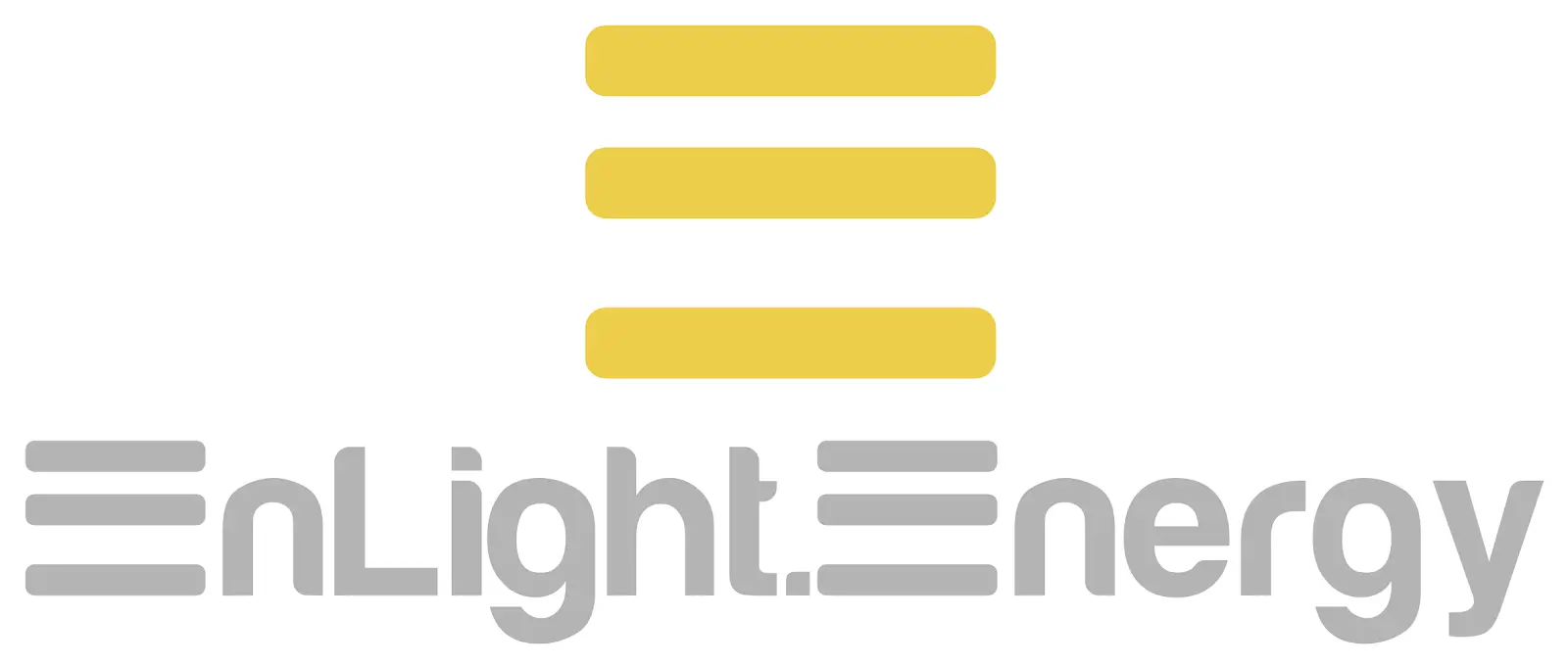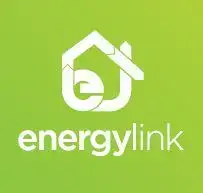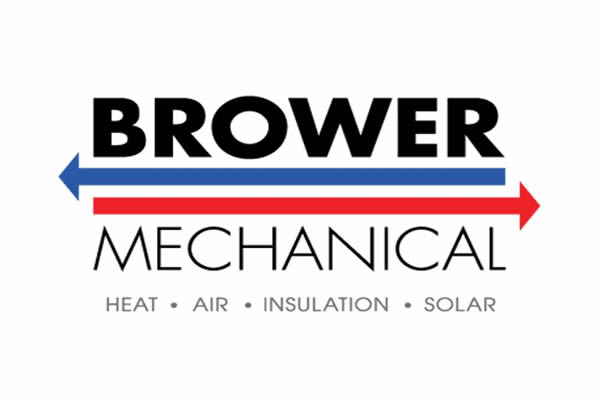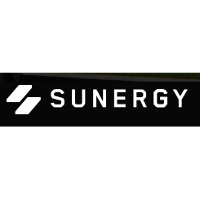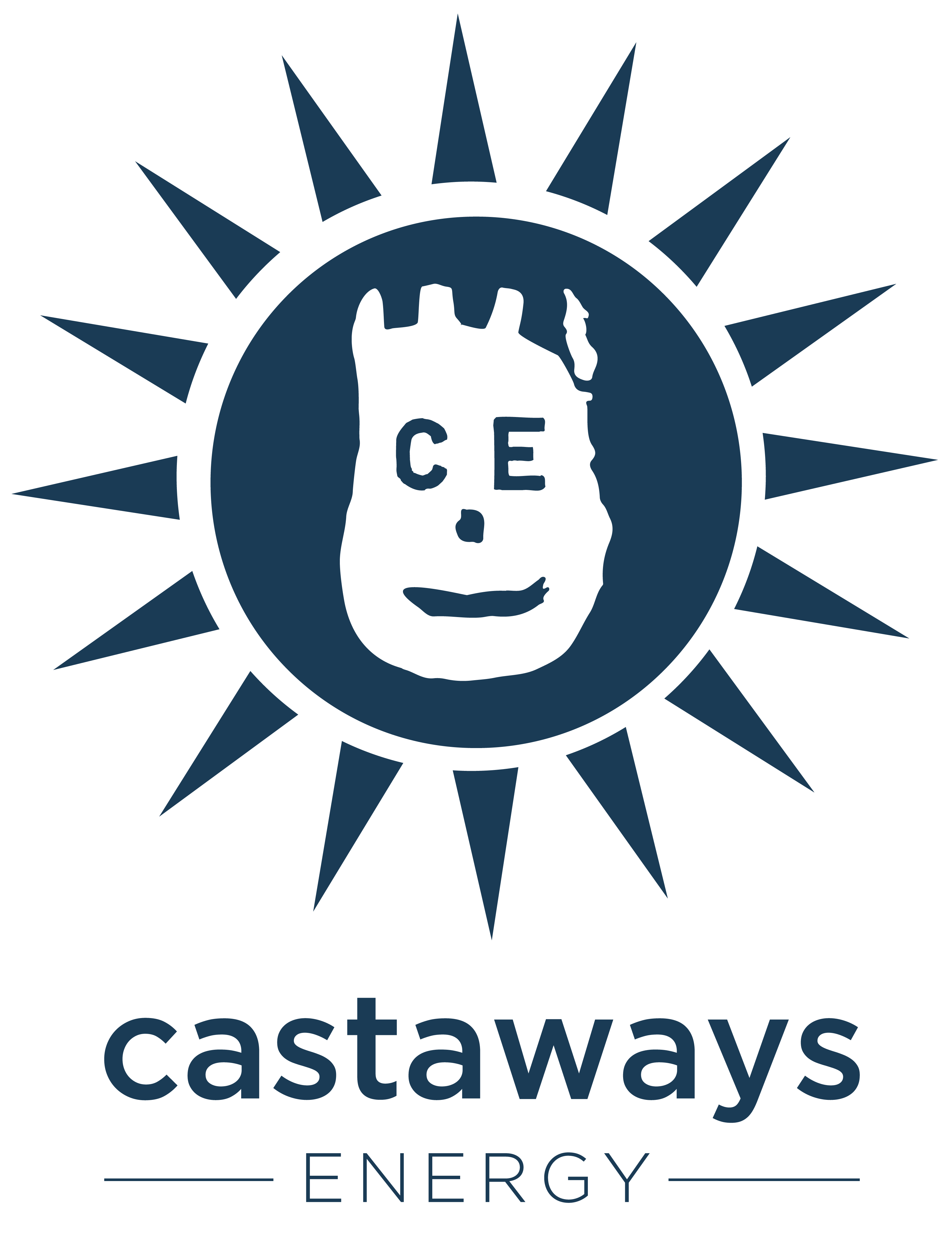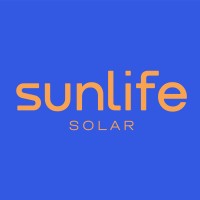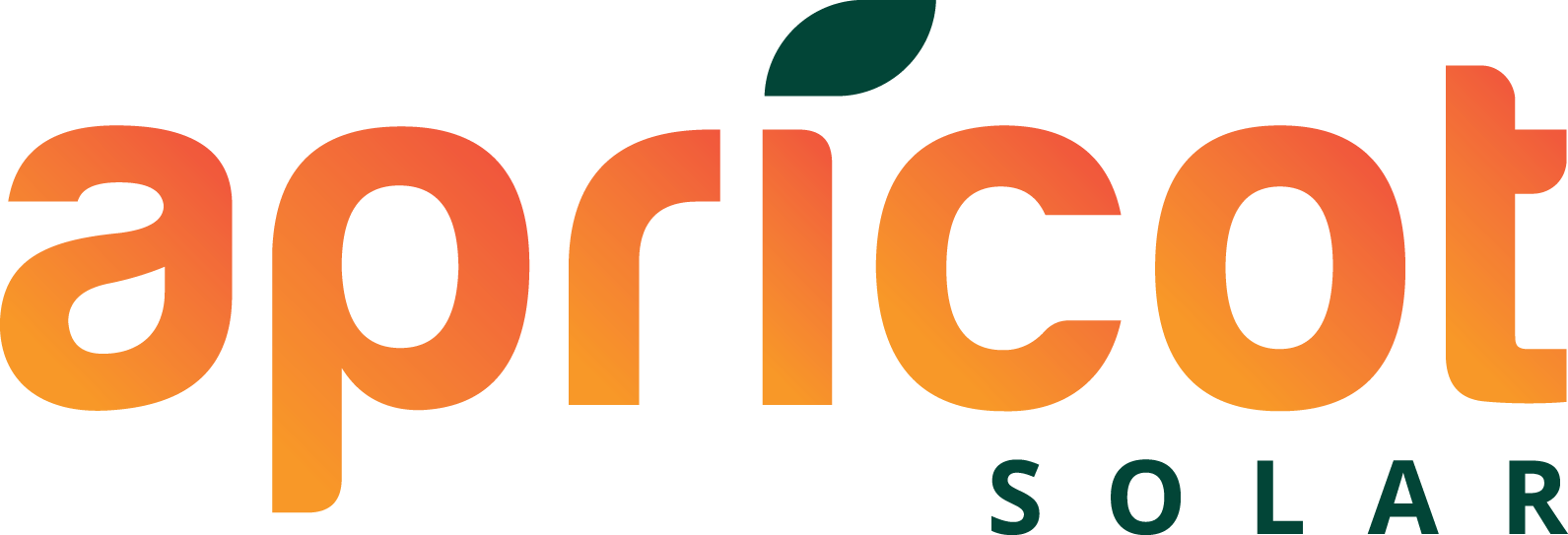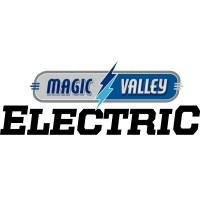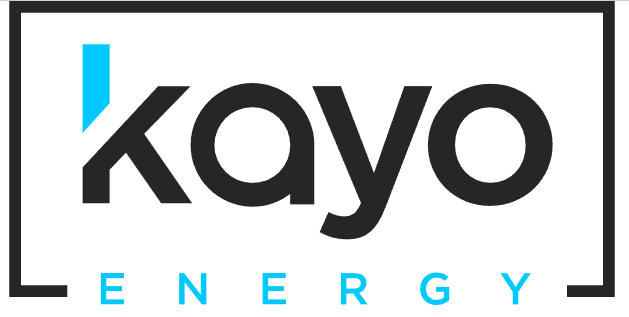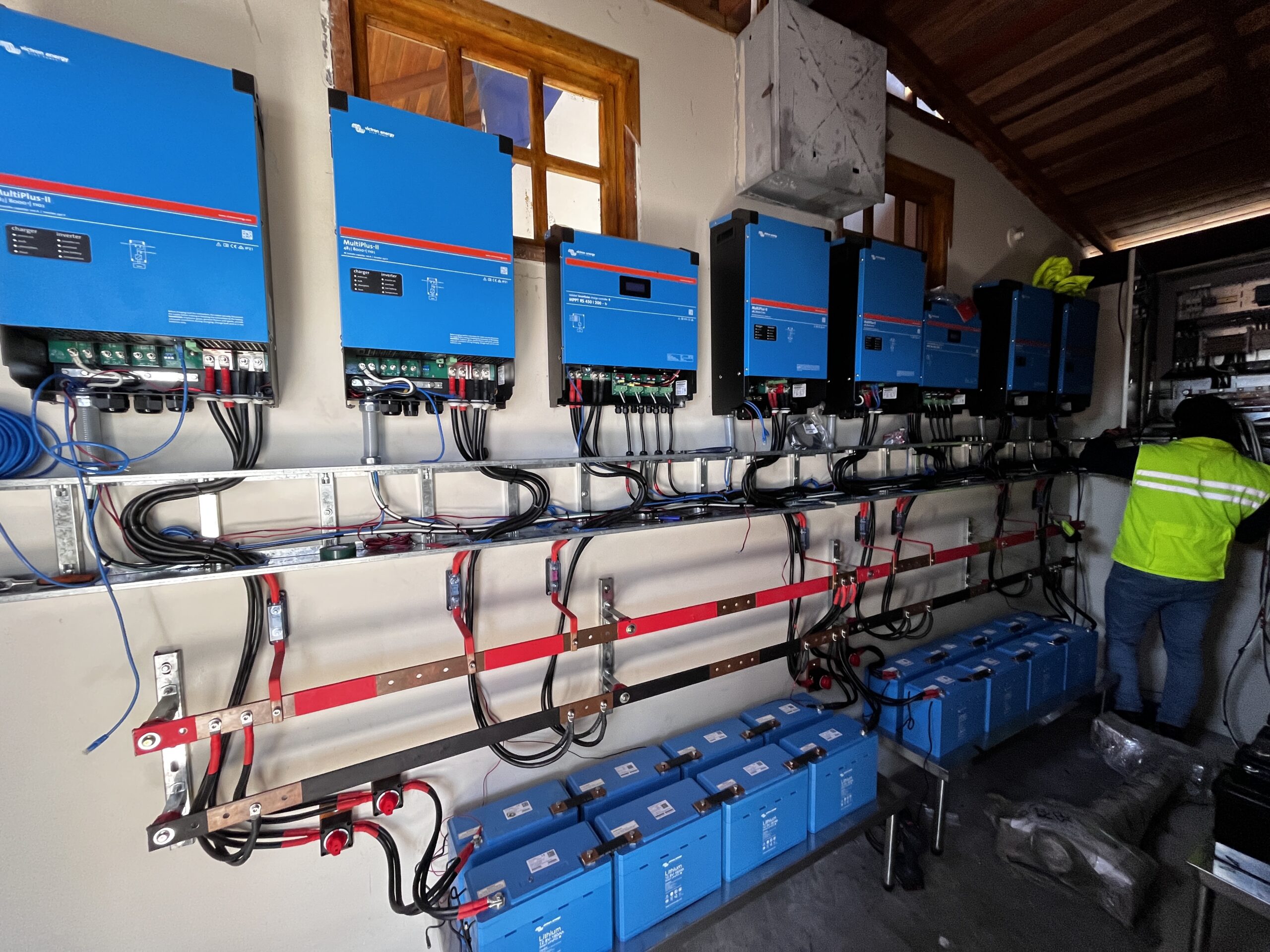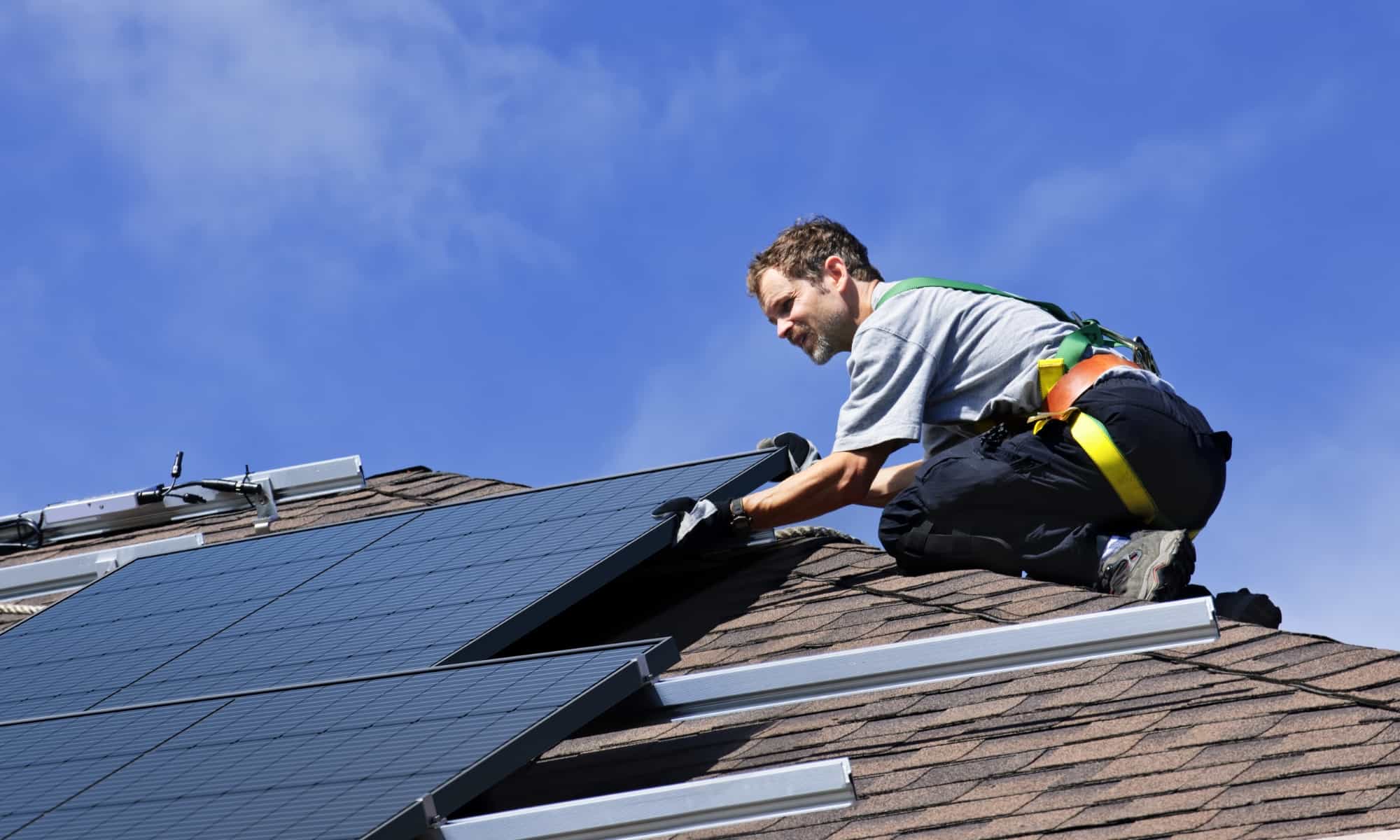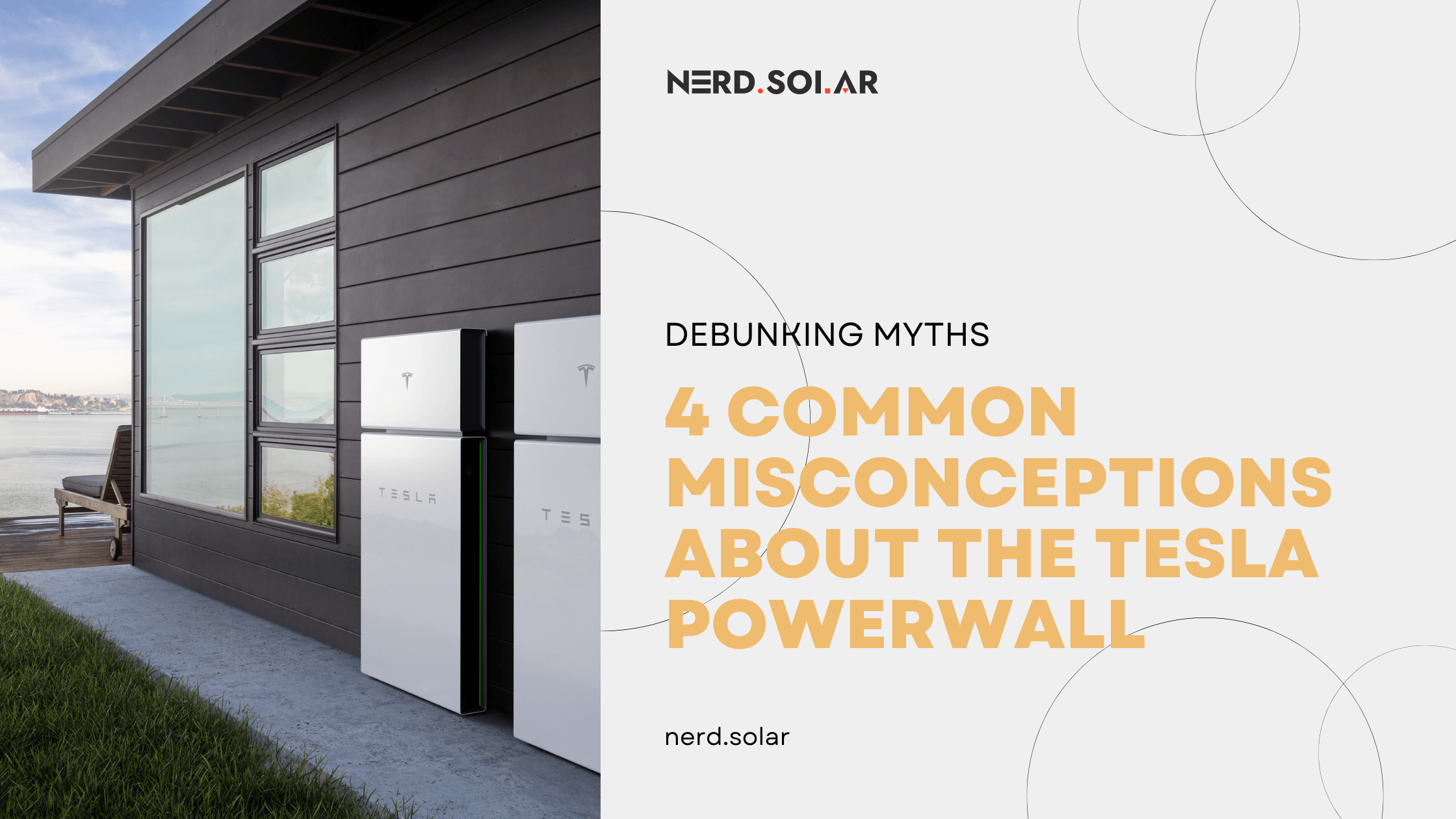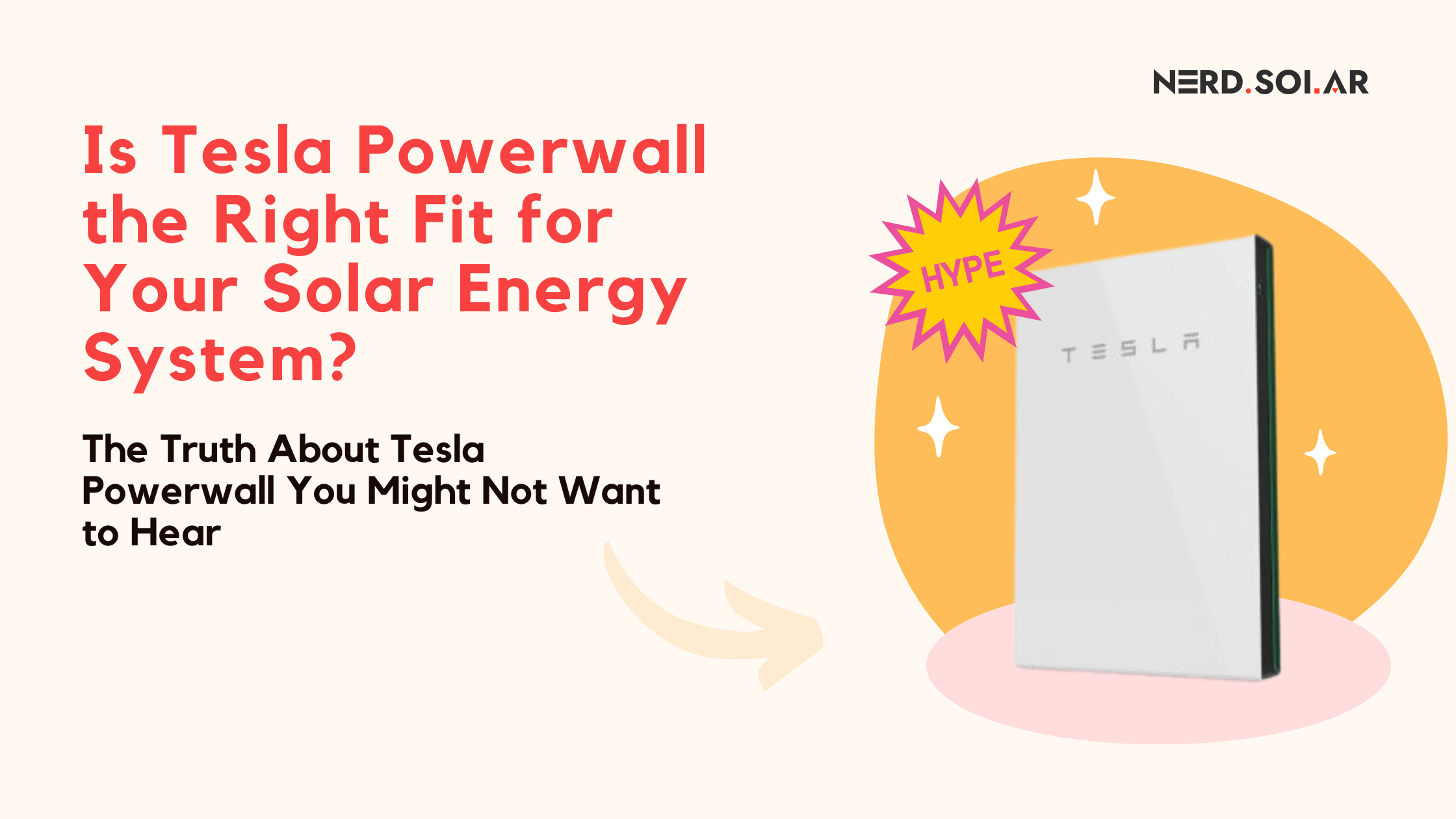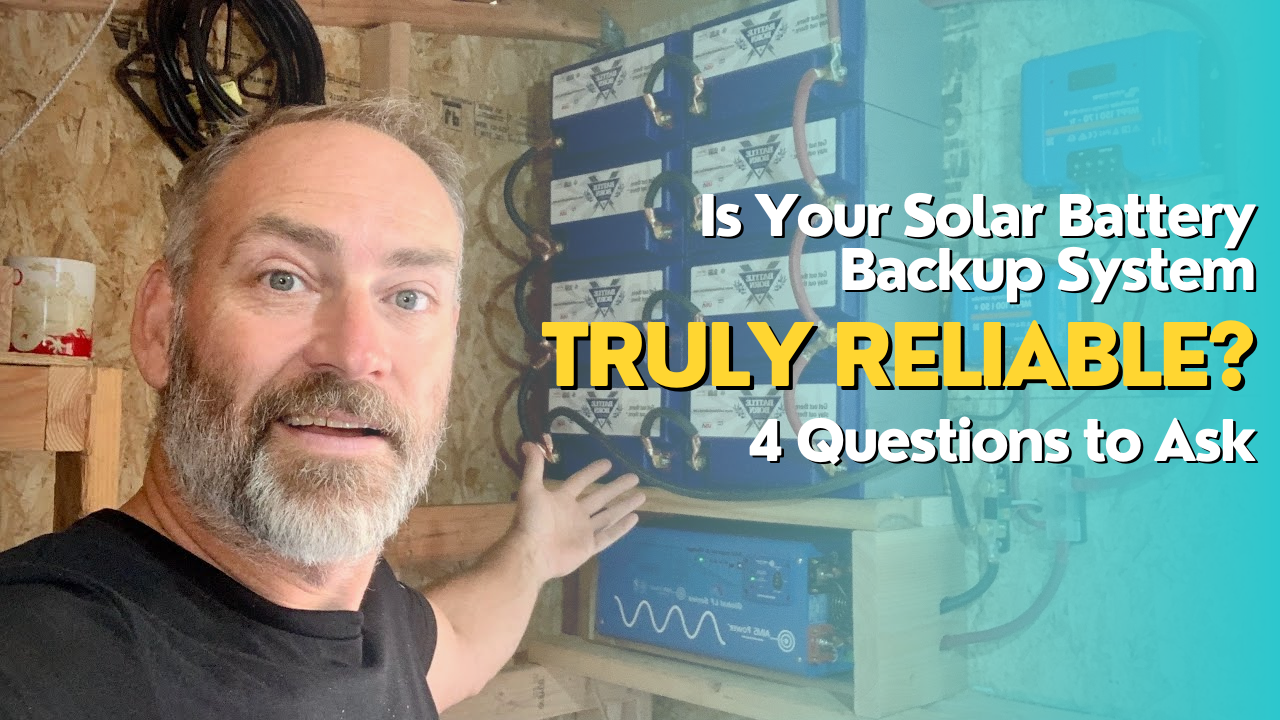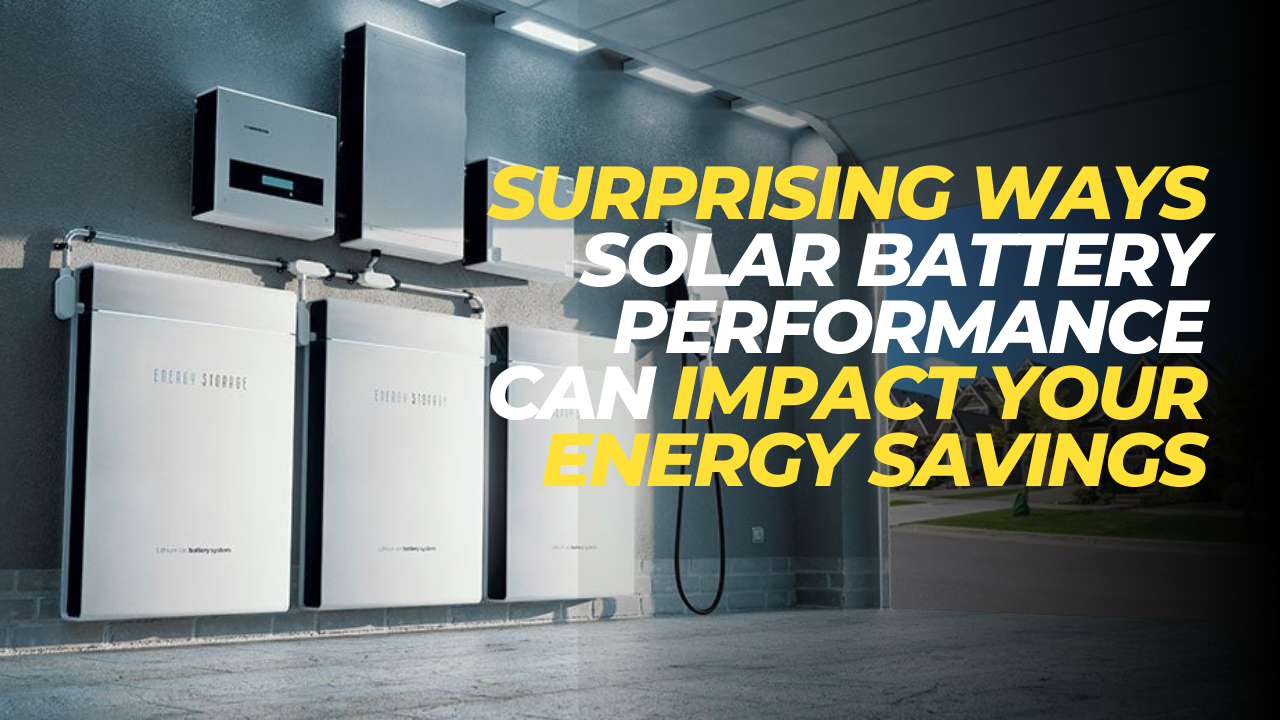How Do We Rate Solar Companies?
TL;DR: We rate solar installers from 1 to 5 stars to help you pick the best one. High stars mean they’re really good at what they do and treat their customers right. Low stars? Not so much. We give credit to companies that have been around for a while, know what they are doing, have a high standard of workmanship and equipment, don’t hire subcontractors to keep the bar of solar installation quality high and have good local reviews from real customers (yes, we check if the reviews are actually real or fake). Companies we choose as top-rated know and can help with federal and local solar incentives to help you save, have good financing plans, and guarantee their work. We’re here to point you to the solar companies that truly rock, making going solar easy and worthwhile for you.
Check our detailed review process here.
Is It Worth Going Solar in South Carolina?
- South Carolina gets an average of 216 sunny days per year, which is above the U.S. average. This makes it well-suited for solar energy production.
- The average monthly electricity bill in South Carolina is $147.12, the 4th highest in the nation. Going solar can significantly reduce or even eliminate these high energy costs. Over 20 years, a 5 kW system can save about $31,000 on electricity.
- Installing solar panels can boost home value by an estimated 3-4% in South Carolina.
Solar Costs and Incentives in South Carolina
As of 2024, the average cost of a 5 kW solar system in South Carolina is around $12,570 to $13,500 before incentives. However, there are significant incentives available:
- Federal tax credit: The 30% federal solar investment tax credit (ITC) is available, which would reduce the cost of a $13,500 system to $9,450.
- South Carolina state tax credit: The state offers a 25% tax credit on solar costs, up to $3,500 or 50% of tax liability per year, with a 10-year rollover period.
- Property tax exemption: South Carolina offers a property tax exemption on the added home value from the solar system.
- Net metering: Utilities provide credits for excess solar energy sent to the grid, though rates vary by provider.
Solar Payback Period and ROI in South Carolina
The payback period for solar panels in South Carolina is about 6.7 to 9 years on average. After that, the electricity produced is essentially free for the 25-30+ year lifespan of the panels.
A 5 kW system can save around $1,550 per year on electricity costs, adding up to $31,000 over 20 years. Coupled with the increase in property value, this represents a strong return on investment.
Average Electricity Costs in South Carolina
As of 2024, the average residential electricity rate in South Carolina is around 13-14 cents per kilowatt-hour (kWh), which is slightly lower than the U.S. average of 15.45 cents/kWh. The average monthly electric bill for South Carolina households is $183, adding up to $2,196 per year. This is 3% higher than the national average.
Solar Costs and Savings in South Carolina
| System Size | Average Cost (Before Incentives) | Average Cost (After 30% Federal Tax Credit) | 25-Year Savings |
|---|---|---|---|
| 5 kW | $13,500 | $9,450 | $31,000 |
| 6 kW | $15,748 | $11,023 | $37,200 |
| 7 kW | $18,900 | $13,230 | $43,400 |
| 8 kW | $20,997 | $14,698 | $49,600 |
| 10 kW | $27,000 | $18,900 | $62,000 |
| 11 kW | $29,700 | $20,790 | $68,200 |
| 12 kW | $32,400 | $22,680 | $74,400 |
The average cost of solar panels in South Carolina is around $3.27 per watt before incentives, which is lower than the U.S. average of $3.33 per watt. After applying the 30% federal tax credit, a 5 kW system would cost about $9,450 on average.
Over 25 years, a 5 kW solar panel system in South Carolina can provide savings of around $31,000 on electricity bills. An 11 kW system, which is commonly installed to offset the average monthly utility bill, can save about $29,077 over the system’s lifetime after paying off the initial cost.
The exact savings will depend on the system size, electricity usage, local utility rates, and available incentives. South Carolina also offers a state tax credit of 25% of the system cost, up to $3,500 or 50% of tax liability per year, with a 10-year rollover period. This further reduces the upfront cost of going solar in the state.
Net Metering in South Carolina
Net metering allows solar homeowners to send excess energy to the grid in exchange for bill credits. South Carolina has a statewide net metering policy for systems up to 20 kW, with a cap of 2% of each utility’s peak capacity.
Utilities measure solar production and consumption monthly, crediting excess generation at the following rates for 2023:
- Duke Energy Carolinas: $0.0270 per kWh
- Duke Energy Progress: $0.0230 per kWh
- Dominion Energy South Carolina: $0.03363 per kWh
These rates are lower than the retail price of electricity, so net metering provides savings, but not at the full retail rate. Unused credits are typically paid out annually.
Federal Solar Incentives
Residential Clean Energy Credit (formerly called the Investment Tax Credit or ITC): This federal tax credit allows you to claim 30% of your total solar installation costs, with no cap.
If you don’t have enough tax liability to claim the full credit in one year, you can roll over the remaining amount to future years.
The 30% credit is available through 2032, then steps down to 26% in 2033, 22% in 2034, and expires in 2035.
South Carolina State Solar Incentives
South Carolina State Tax Credit: South Carolina offers a generous 25% state tax credit for solar costs, in addition to the federal credit. The state credit is capped at $35,000 or 50% of your tax liability for the year, whichever is less. Unused credits can be carried forward for up to 10 years.
Solar Property Tax Exemption: Solar panels typically increase your property value, but South Carolina exempts this added value from property taxes.
Local Utility Solar Incentives in South Carolina
Santee Cooper Solar Rebate: Santee Cooper, a utility serving over 10% of South Carolina households, provides a rebate of $0.95 per watt of solar installed, up to a maximum of $5,700. You must use an approved contractor to qualify.
Net Metering: South Carolina requires utilities to offer net metering for solar systems up to 20 kW. Excess solar energy earns credits on your bill at the following rates for 2023:
- Duke Energy Carolinas: $0.0270 per kWh
- Duke Energy Progress: $0.0230 per kWh
- Dominion Energy South Carolina: $0.03363 per kWh
These credits are slightly below the retail rate of electricity.
By combining the 30% federal tax credit, 25% state tax credit, property tax exemption, and utility incentives, South Carolina homeowners can drastically reduce the upfront cost of going solar.
For an average 5 kW system costing around $13,500, the federal and state credits alone would reduce the net cost to under $6,500.
How Net Metering Works in South Carolina
Net metering is a billing arrangement that allows solar panel owners to send excess electricity they generate back to the grid in exchange for credits on their utility bills.
South Carolina has a statewide net metering policy that applies to all investor-owned utilities, including Duke Energy and Dominion Energy.
Key points about South Carolina’s net metering:
- Applies to solar PV systems up to 20 kW for residential customers
- Utilities measure solar production and consumption monthly
- Excess solar generation earns credits on your bill at a utility-specific rate, typically below the retail price of electricity
- Unused credits are paid out annually, usually in March
Potential Savings with Net Metering
To illustrate the potential savings, let’s consider a 5 kW solar PV system that generates 7,000 kWh annually. Assuming you use 50% of the solar electricity in your home and send the other 50% back to the grid, here are the estimated annual savings from net metering:
- Duke Energy Carolinas: 3,500 kWh x $0.0270/kWh = $94.50
- Duke Energy Progress: 3,500 kWh x $0.0230/kWh = $80.50
- Dominion Energy South Carolina: 3,500 kWh x $0.03363/kWh = $117.71
In addition to these net metering credits, you would also save money by using the solar electricity directly in your home and avoiding the need to purchase that power from your utility at the higher retail rate.
Are There Any Community Solar Programs in South Carolina?
Yes, there are several community solar programs available in South Carolina that allow residents to benefit from solar energy without installing panels on their own property. Here’s an overview of how you can take advantage of community solar in the state:
How Community Solar Works in South Carolina
Community solar programs let multiple customers share the electricity generated by a solar array located offsite. Participants can either purchase or subscribe to a portion of the solar panels and receive credits on their utility bills for the electricity produced, typically at a lower rate than the standard price.
Utility Community Solar Programs
Several major utilities in South Carolina offer community solar options:
- Dominion Energy South Carolina – Their Community Solar program allows customers to subscribe to solar panels from dedicated solar farms. Subscribers receive a monthly credit of $0.01/kWh for their share of the solar generation. The program is currently fully subscribed but has a waitlist.
- Santee Cooper – The state-owned utility has community solar farms that customers can subscribe to for a monthly fee. Participants then receive a credit on their bill based on their subscription size and the solar farm’s output.
- Electric Cooperatives – Many of South Carolina’s 20 electric co-ops, like York Electric Cooperative, have community solar programs that let members purchase a subscription and receive bill credits for their share of the generation.
Eligibility and Enrollment
Eligibility for community solar programs varies but typically includes:
- Being a residential customer of the utility in good standing
- Not already participating in other solar programs like net metering
- Paying a subscription fee or panel purchase cost
To enroll, customers usually need to submit an application with the utility or their designated community solar provider. Spaces are often limited and available first-come, first-served.
Potential Benefits
Community solar participants can enjoy some of the financial benefits of solar without the upfront costs or maintenance responsibilities of rooftop panels. The bill credits earned often exceed the subscription fees, resulting in modest savings.
Community solar also expands access to renewable energy for renters, those with shaded roofs, or homeowners facing restrictions on solar panels.
